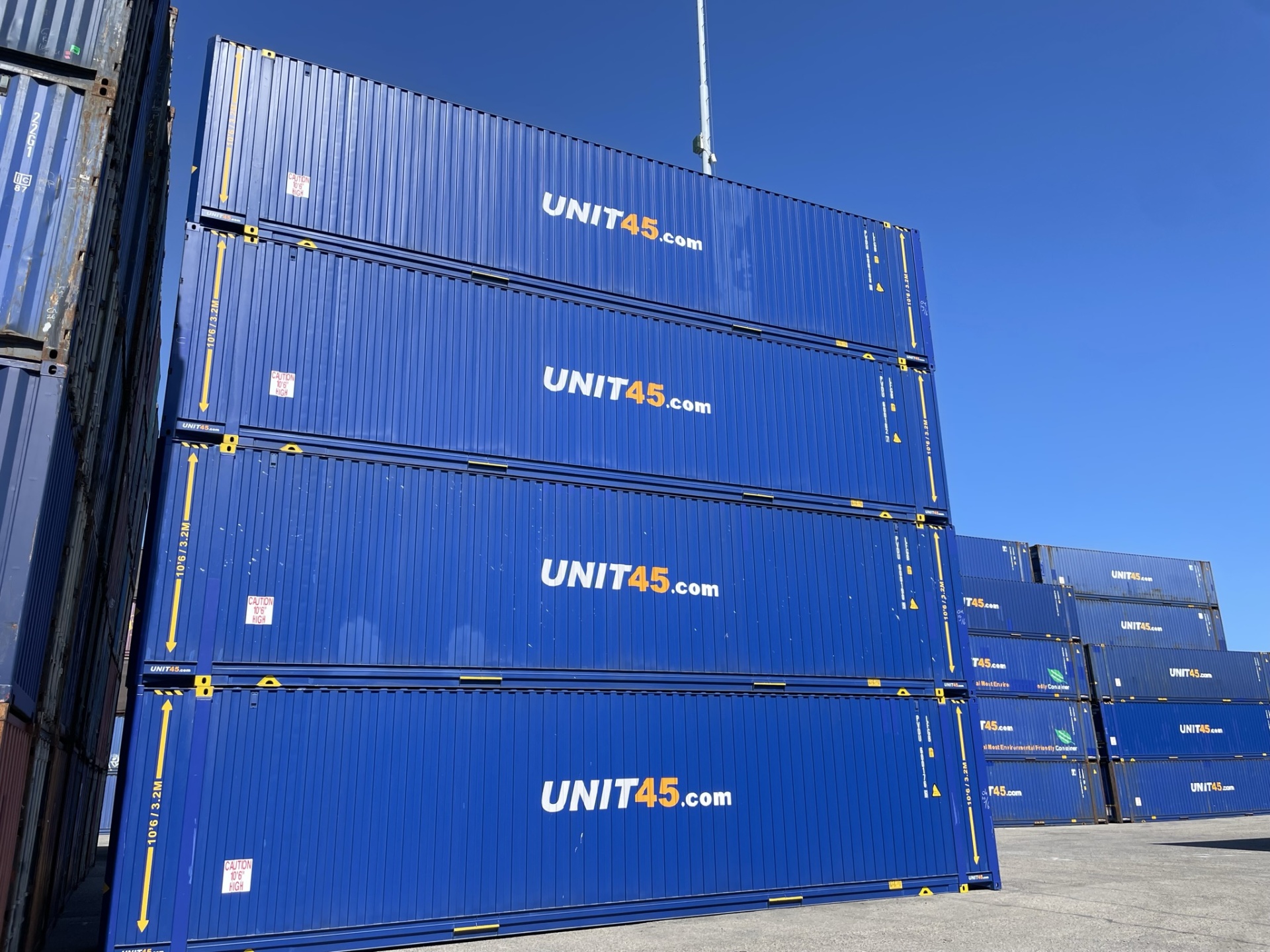
Rotterdam based reefer box designer
Jan Koolen, managing director of
Not only can the new intermodal reefers compete with dedicated road tractortrailer sets in terms of capacity, they also hold 200 liters of diesel fuel, which allows them to compete on a like-for-like basis.
“The inside of the reefer is 13.275m long, which means there is room for 33 Euro pallets. However, many supermarkets do not like receiving deliveries on such heavy pallets, which can be awkward to slot inside. As a result, we have invented a double-stack system, which allows two smaller pallets to be stacked one above the other, separated by bars,” explains Koolen.
The diesel-electric reefers are around 500kg-600kg heavier than a standard electric reefer and also cost around US $ 1.500 more to buy. In addition, the more complex cooling unit adds a further US $ 12.000- US $ 14.600 to the total price.
Interestingly, a chassis and diesel-electric reefer should still work out less expensive than a road trailer unit, according tot the company. The only disadvantage faced by
Koolen stresses that, with the improvement in the reliability of diesel generators, maintenance costs for the new units will not vary greatly from those of conventional electric equipment. Indeed, he expects the typical customer for the new units to be very familiar already with diesel-driven technology, which means they will already have skilled personnel in place to oversee use of the boxes. However, should there be a need to use the diesel-electric units on-board ship, the equipment will have to be made resistant to the corrosive effects of salt water.
“At present, we are the only supplier of diesel-electric reefers, which we have built at two different manufacturers,” says Koolen. “We are using cooling technology developed by Carrier (Vector or Magic models), as well as Thermo King SL 200 or 400 units. In terms of performance, there is little to tell them apart.” Nevertheless, he adds that

